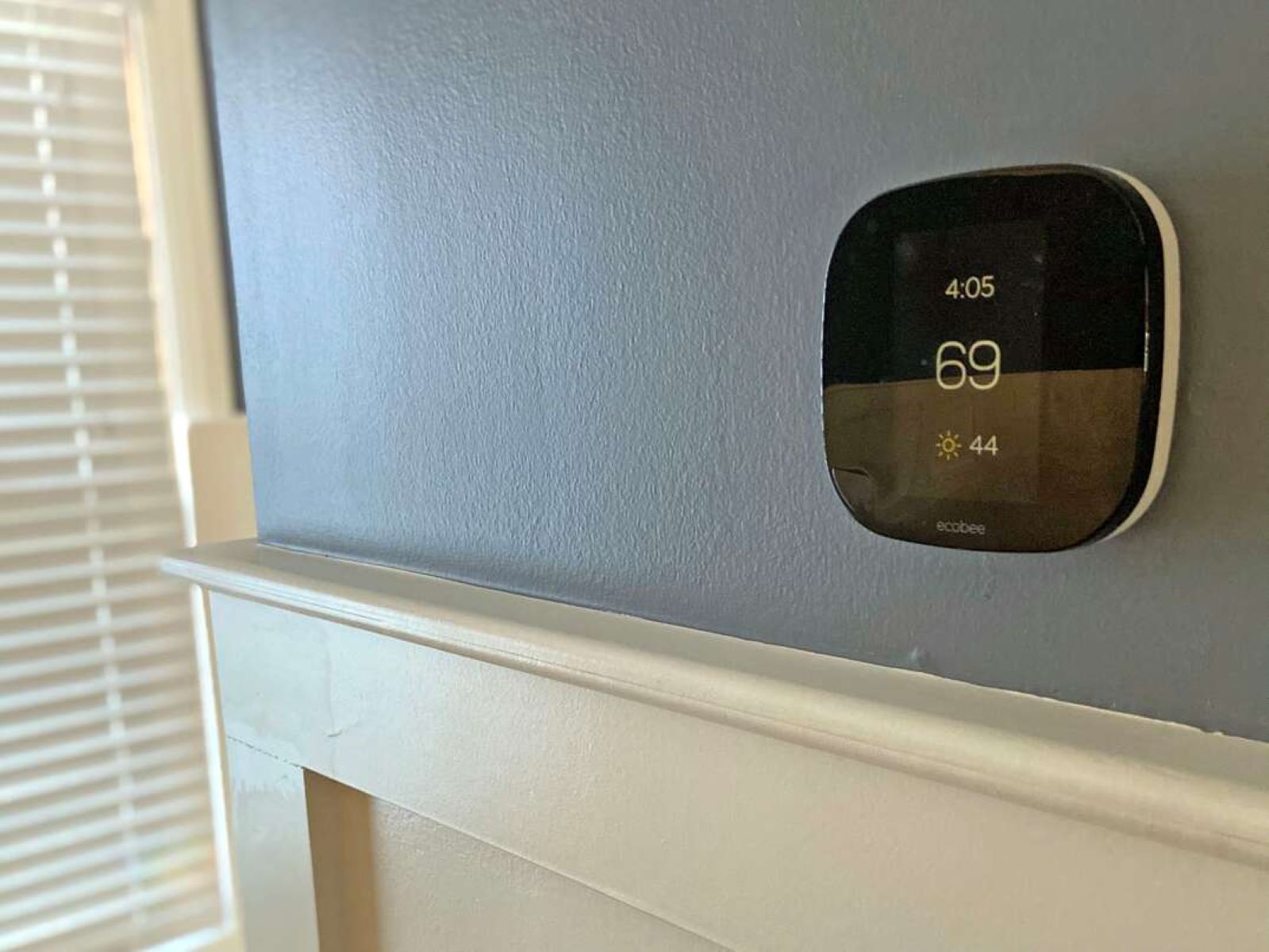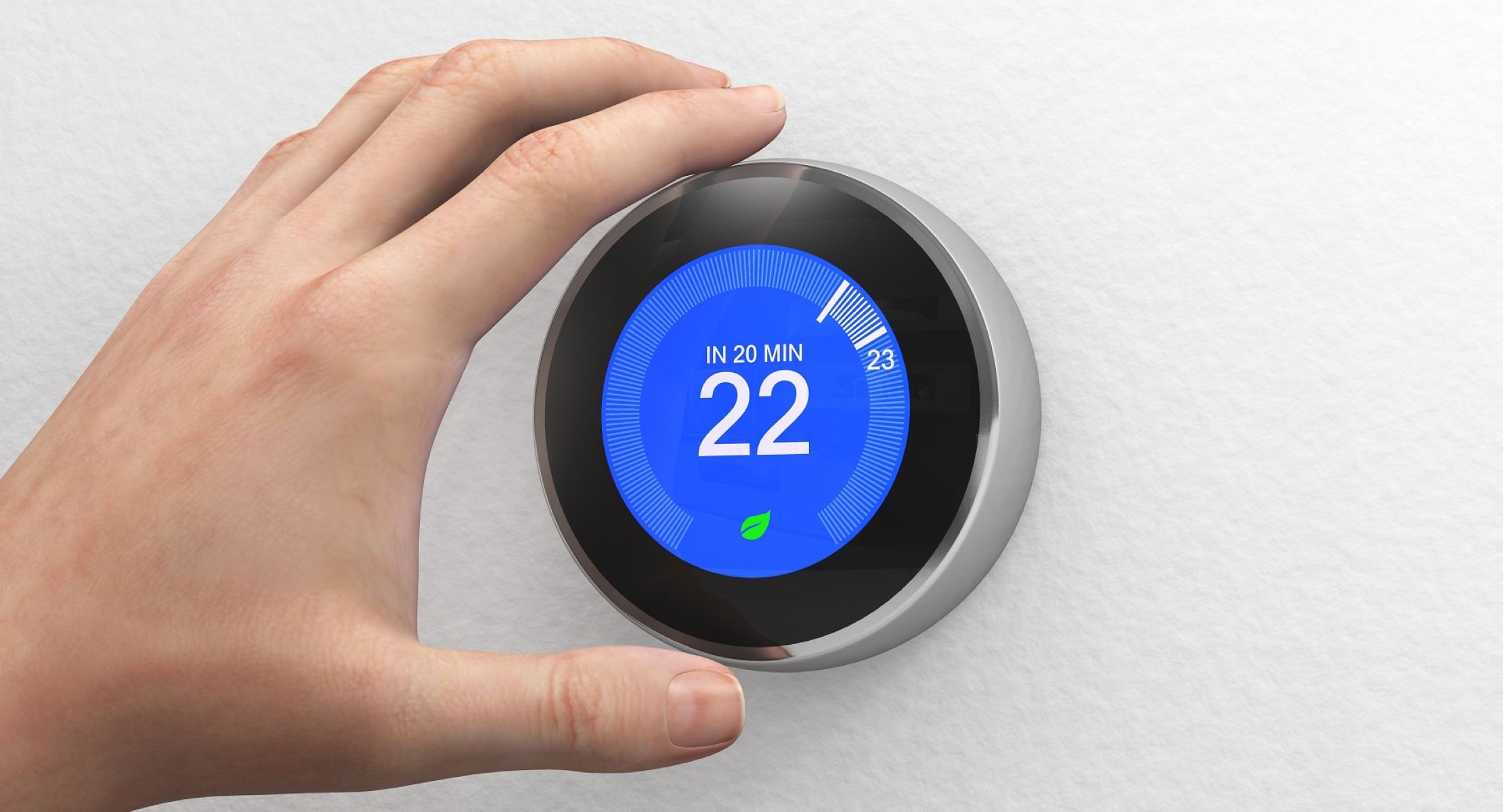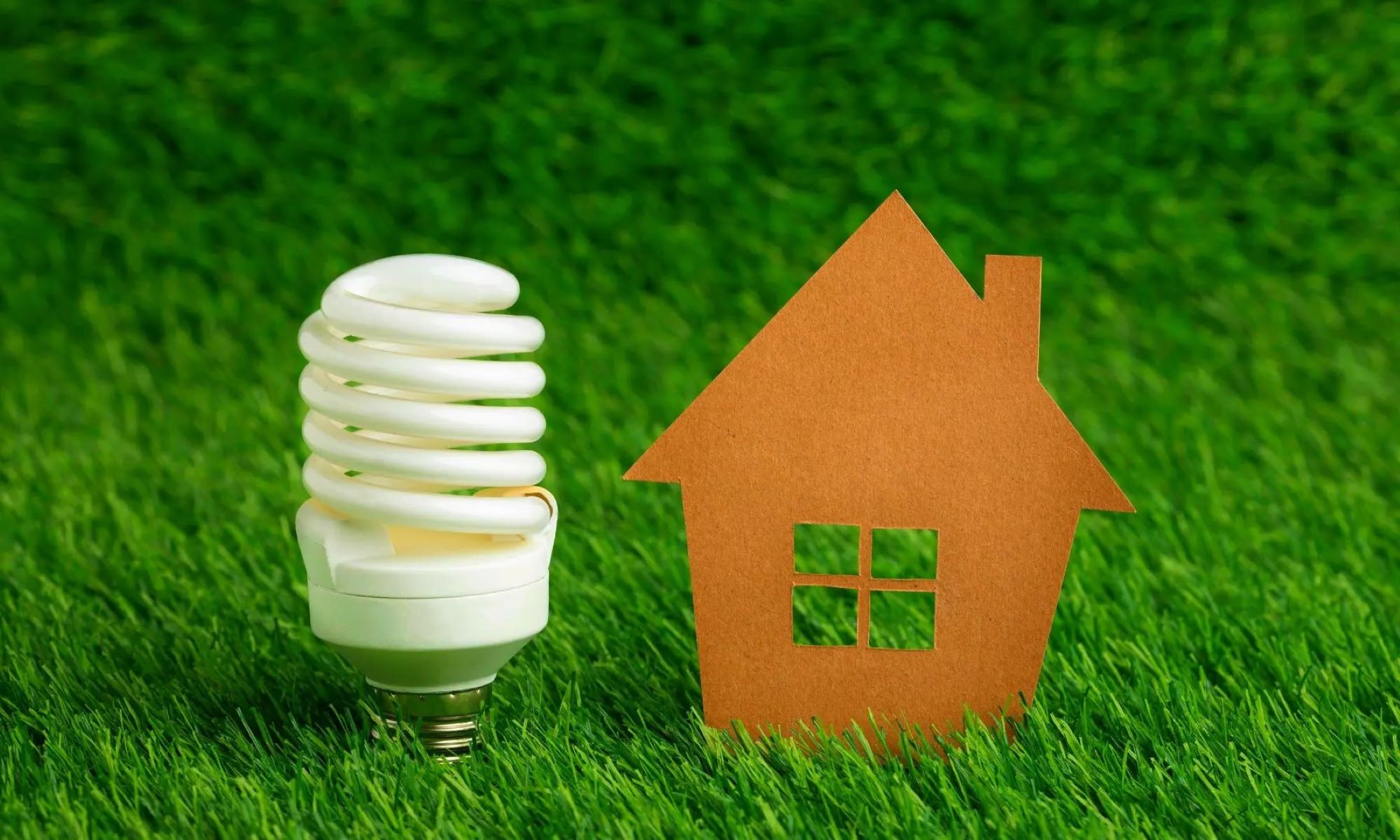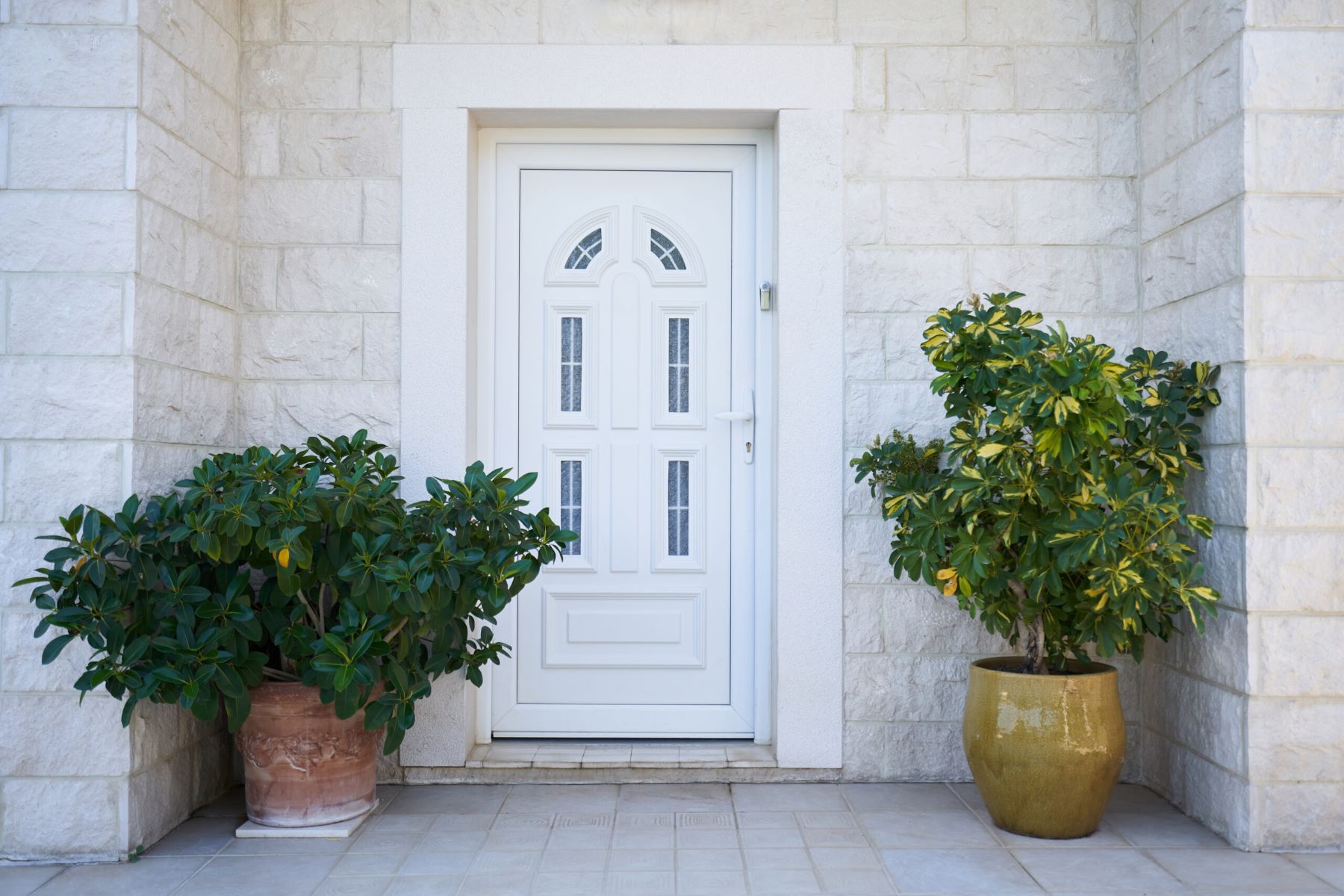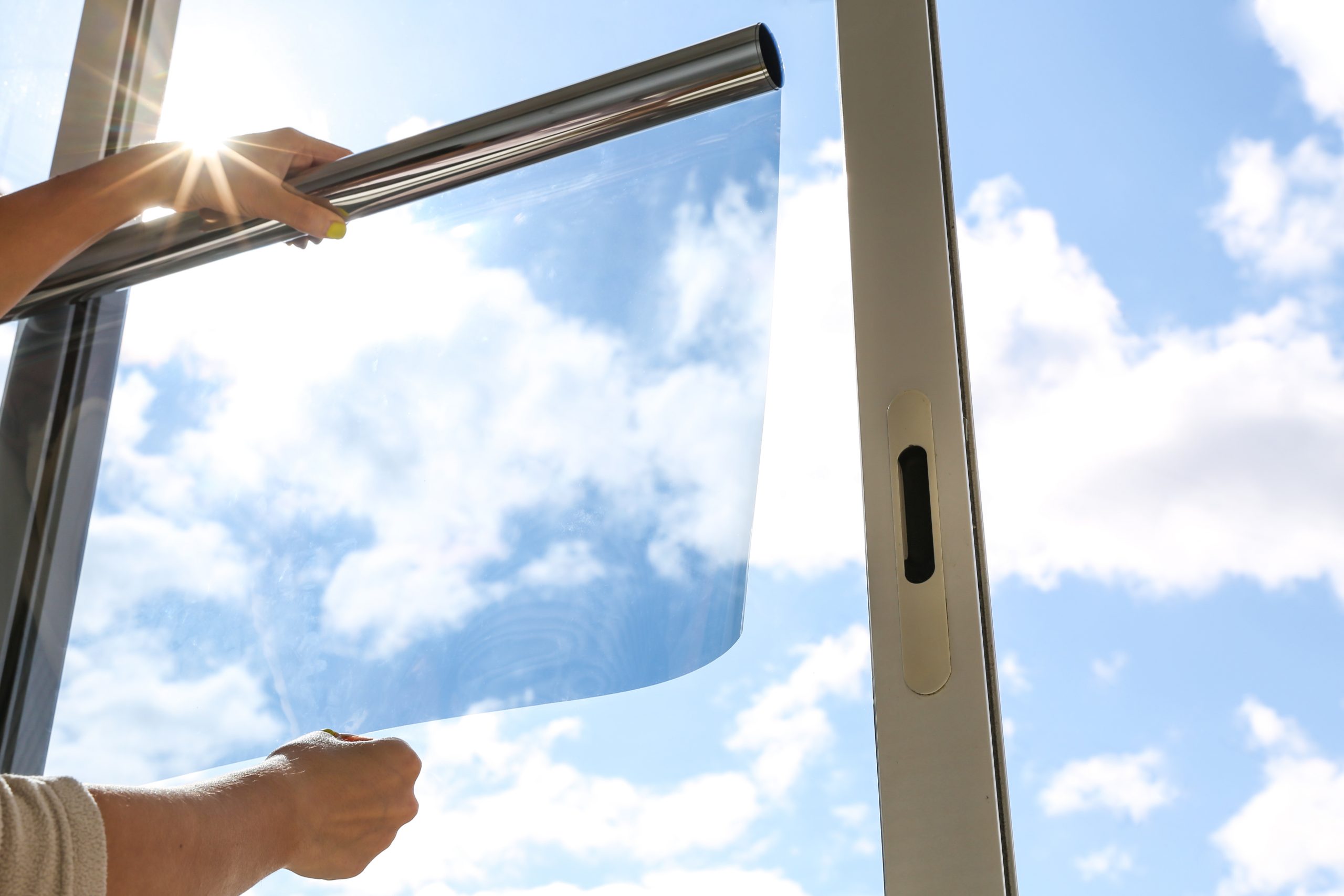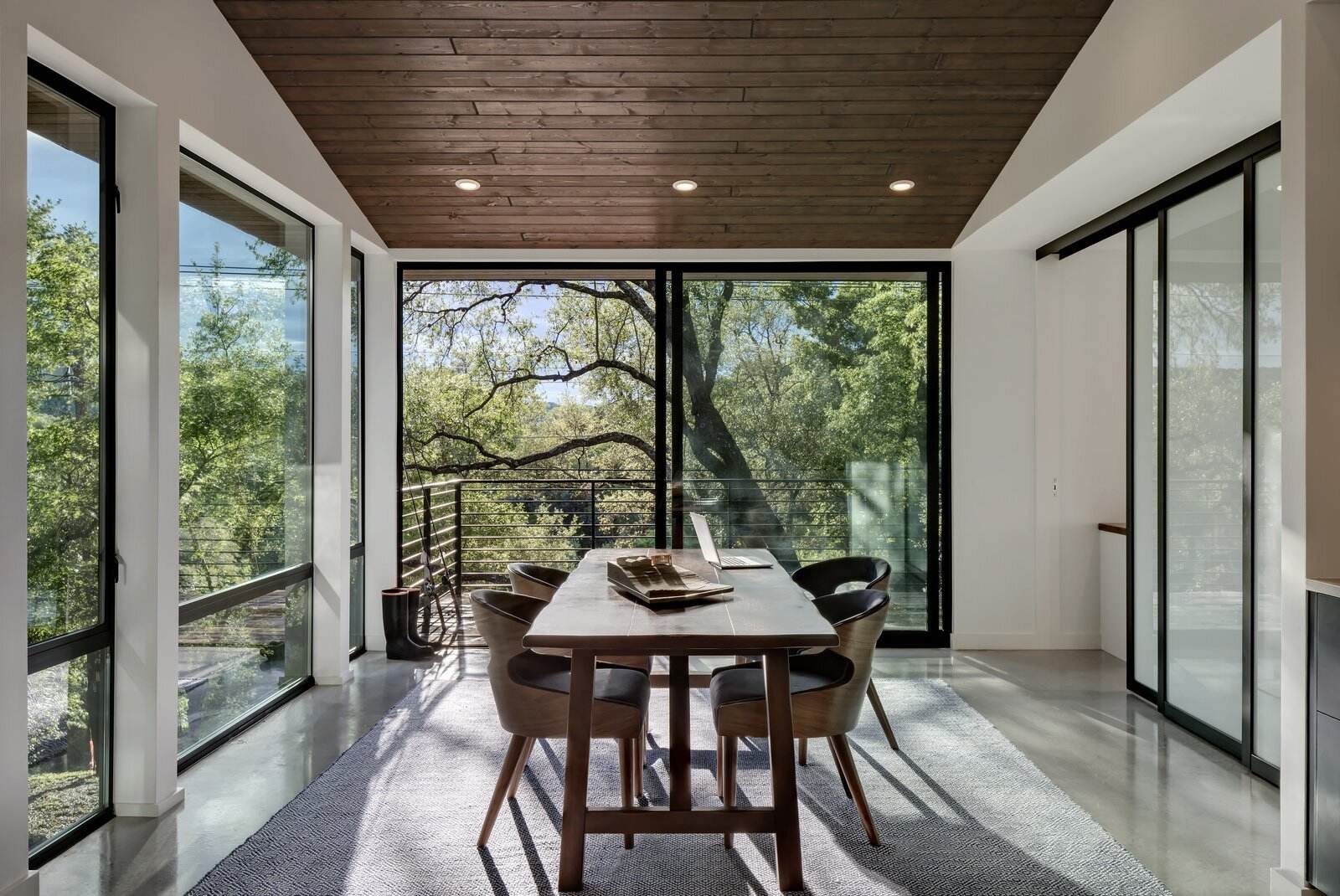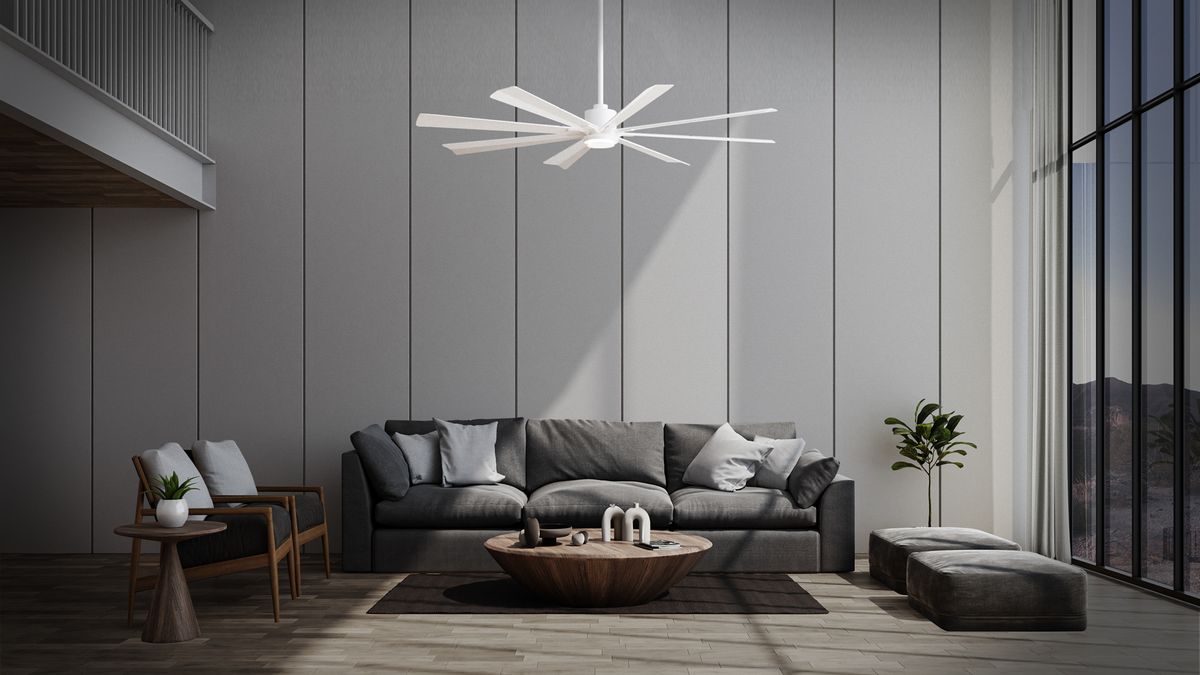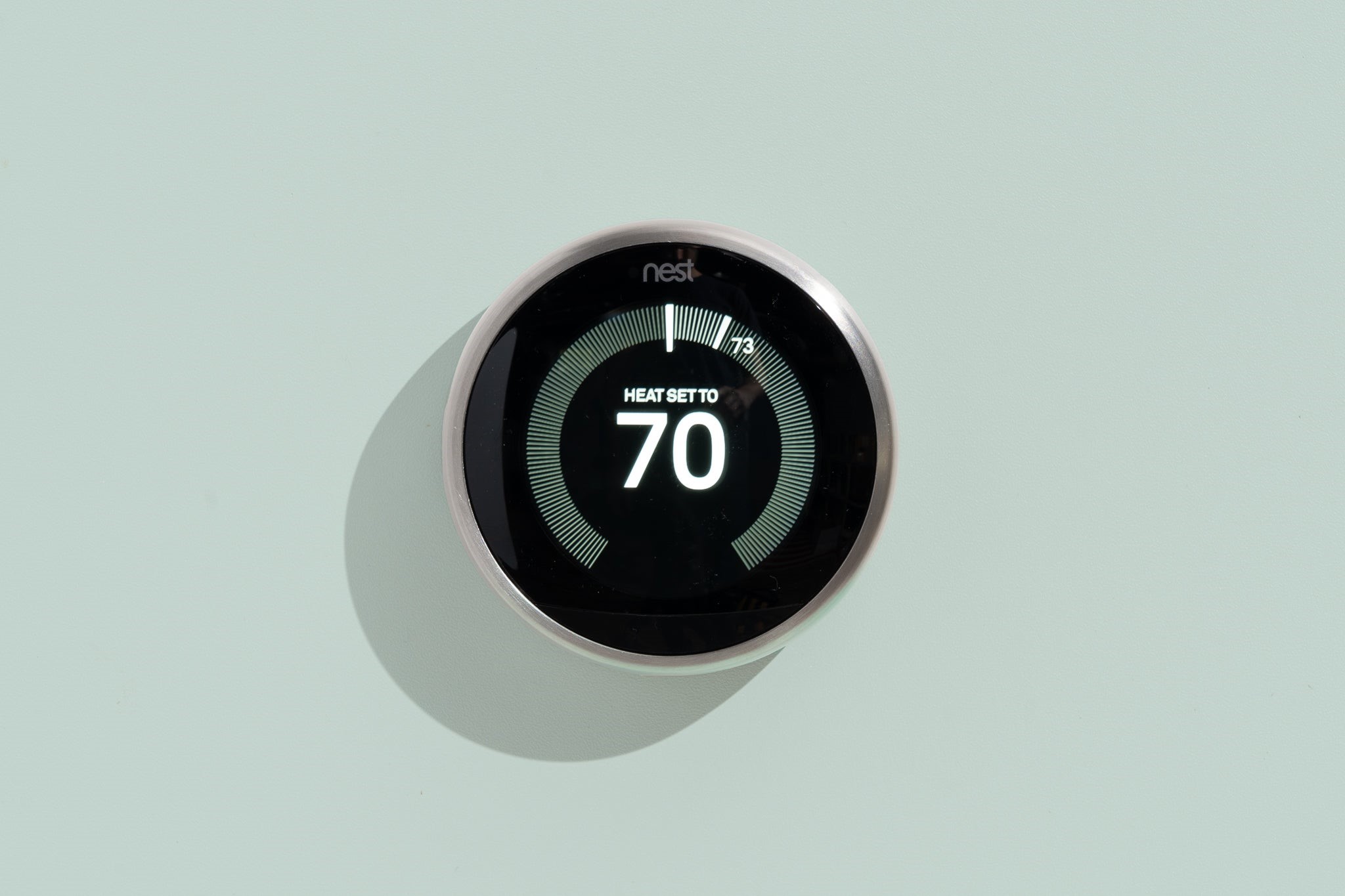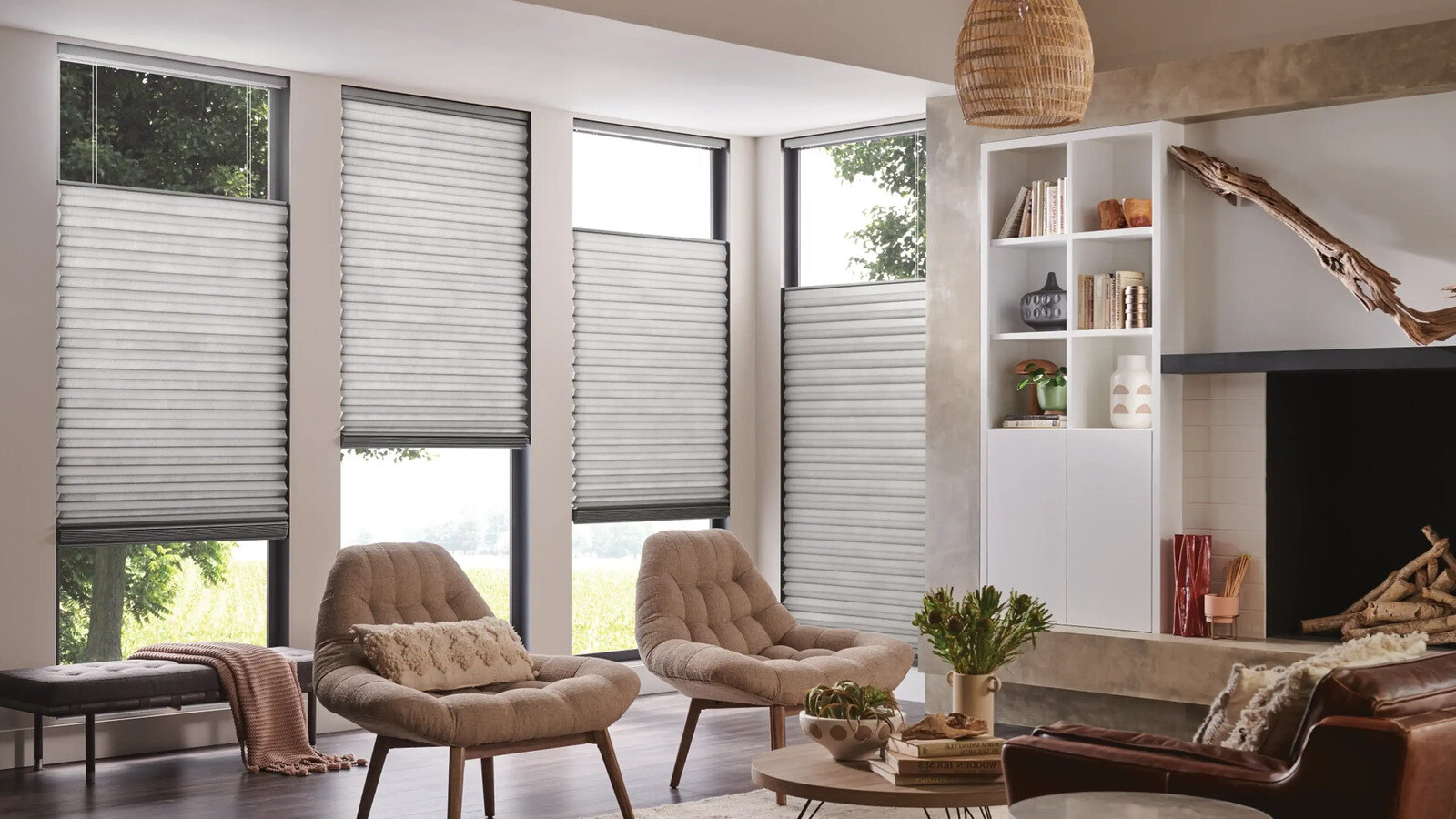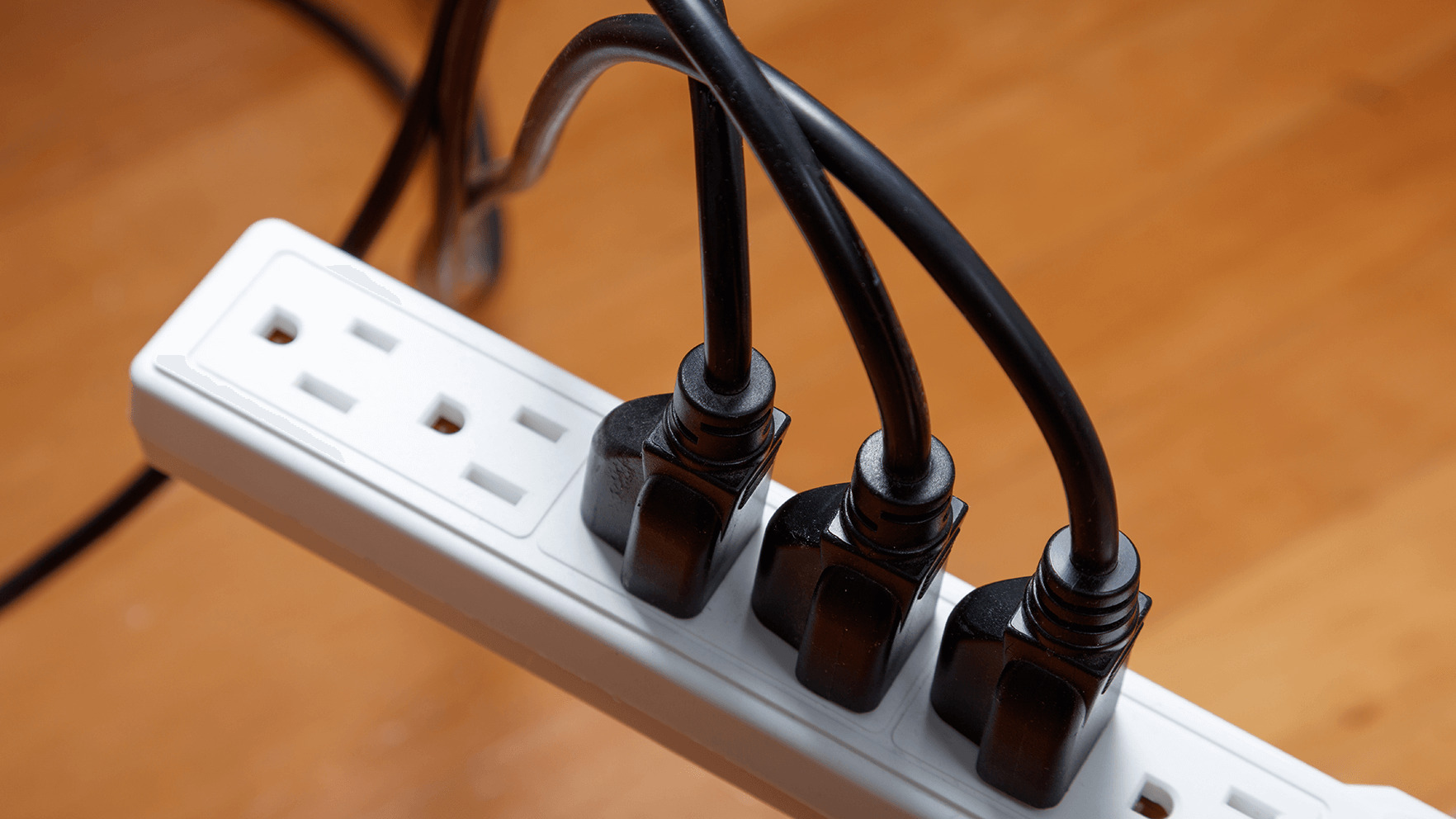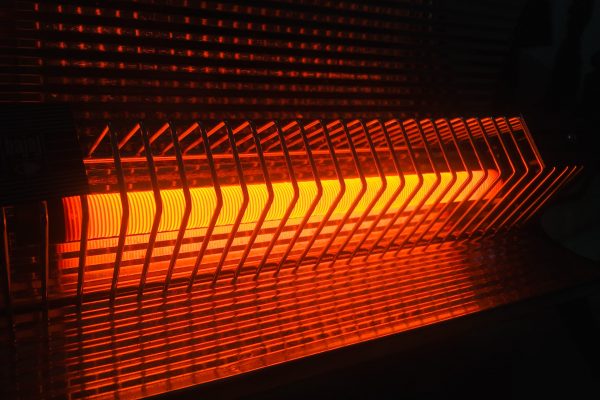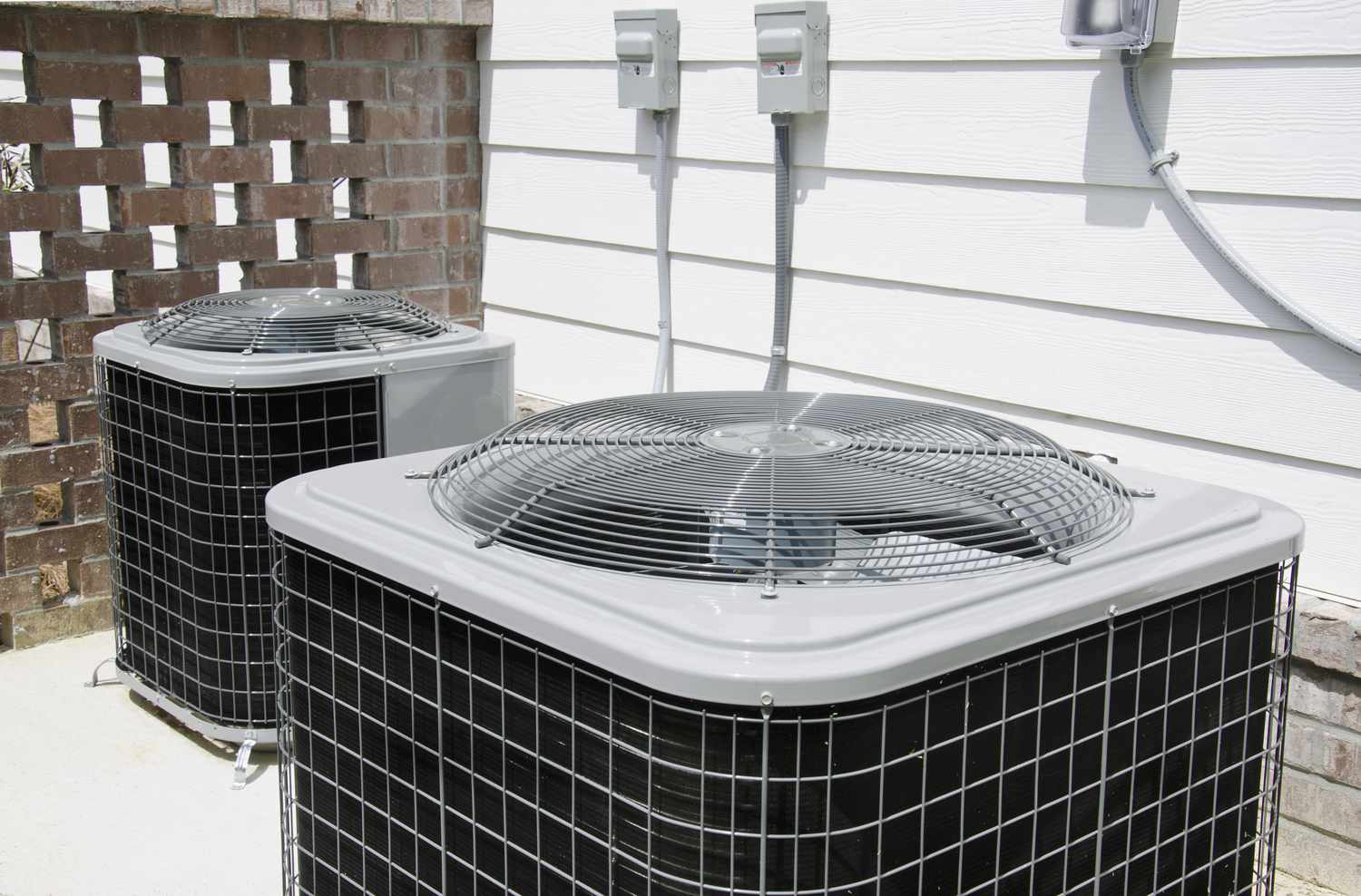Home>Home Maintenance>What Is The Most Energy-Efficient Air Conditioner


Home Maintenance
What Is The Most Energy-Efficient Air Conditioner
Modified: August 27, 2024
Discover the best energy-efficient air conditioner for your home maintenance needs. Save on energy costs with our high-performance cooling solutions.
(Many of the links in this article redirect to a specific reviewed product. Your purchase of these products through affiliate links helps to generate commission for Storables.com, at no extra cost. Learn more)
Introduction
Welcome to the world of energy-efficient air conditioners! As homeowners, we constantly strive to create comfortable living spaces while also reducing our impact on the environment and minimizing energy costs. One effective way to achieve these goals is by investing in an energy-efficient air conditioner.
An energy-efficient air conditioner is designed to cool your home while consuming less energy compared to conventional models. This not only helps you save on monthly utility bills but also contributes to reducing greenhouse gas emissions and conserving valuable natural resources.
In this article, we will explore the world of energy-efficient air conditioners, diving into the key factors you should consider when choosing one, the different types available in the market, the benefits they offer, and tips for improving the energy efficiency of your existing air conditioning system. Additionally, we will present some real-life case studies showcasing the energy savings achieved through the use of energy-efficient air conditioners.
So, whether you’re looking to upgrade your current air conditioning system or considering an installation for a new home, this comprehensive guide will help you make an informed decision that aligns with your energy-saving and cost-saving goals.
Key Takeaways:
- Choose energy-efficient air conditioners to save money and help the environment. Look for high EER and SEER ratings, and consider factors like cooling capacity and energy-saving features.
- Keep your home cool and save energy by using fans, proper insulation, and nighttime cooling. Regular maintenance and upgrading to energy-efficient models can also improve your air conditioner’s efficiency.
Read more: What Is An Air Handler In HVAC
Understanding Energy Efficiency Ratings (EER)
When shopping for an energy-efficient air conditioner, one of the most important factors to consider is its Energy Efficiency Rating (EER). The EER is a measure of how efficiently the unit converts electrical energy into cooling power.
The EER is typically expressed as a ratio, with the cooling output (in British Thermal Units or BTUs) divided by the power input (in watts). For example, if an air conditioner has a cooling capacity of 10,000 BTUs and consumes 1,000 watts of power, the EER would be 10.
The higher the EER, the more energy-efficient the air conditioner. Look for models with higher EER values, as they will provide better energy savings over the long run.
In addition to the EER, it’s also important to consider the Seasonal Energy Efficiency Ratio (SEER), which takes into account the efficiency of the air conditioner over an entire cooling season. The SEER is calculated by dividing the total cooling output (in BTUs) over a season by the total power input (in watt-hours) over the same period. A higher SEER rating indicates better energy efficiency.
When comparing different air conditioner models, it’s helpful to look for the ENERGY STAR label. The ENERGY STAR program certifies appliances that meet strict energy-efficiency guidelines set by the U.S. Environmental Protection Agency (EPA). ENERGY STAR-certified air conditioners are more energy-efficient than standard models and can help you save up to 15% on cooling costs compared to non-certified units.
It’s worth noting that while energy-efficient air conditioners may have a higher upfront cost, the long-term energy savings can quickly offset the initial investment. Not only will you see a reduction in your monthly electricity bills, but you’ll also contribute to a greener and more sustainable planet.
Now that you have a basic understanding of energy efficiency ratings, let’s delve into the key factors to consider when choosing an energy-efficient air conditioner.
Key Factors to Consider when Choosing an Energy-Efficient Air Conditioner
Choosing the right energy-efficient air conditioner for your home requires careful consideration of several key factors. By taking these factors into account, you can ensure that you not only find an efficient unit but also one that suits your specific needs and preferences. Here are the key factors to consider:
- Cooling Capacity: The cooling capacity of an air conditioner is measured in BTUs (British Thermal Units) and determines how much heat the unit can remove from a room. Make sure to choose an air conditioner with the appropriate cooling capacity for the size of the room you intend to cool. An oversized unit will cycle on and off frequently, leading to inefficient operation, while an undersized unit will struggle to cool the space adequately.
- EER and SEER Ratings: As mentioned earlier, the Energy Efficiency Ratio (EER) and Seasonal Energy Efficiency Ratio (SEER) are crucial indicators of an air conditioner’s energy efficiency. Look for models with higher EER and SEER ratings to maximize energy savings.
- Energy-Saving Features: Energy-efficient air conditioners often come with additional features that enhance their efficiency. Look for features such as programmable thermostats, timers, and energy-saving modes that allow you to customize your cooling schedule and reduce energy consumption when the room is unoccupied.
- Location: Consider the location where the air conditioner will be installed. Keep in mind that air conditioners installed in shaded areas or on the north side of a building will have less exposure to direct sunlight, resulting in improved efficiency.
- Noise Levels: Check the noise levels of the air conditioner, especially if you plan to install it in bedrooms or areas where quiet operation is desired. Look for units with low noise ratings to ensure a comfortable and peaceful environment.
- Air Quality Enhancements: Some energy-efficient air conditioners come with built-in air purifiers or filters that improve indoor air quality by removing allergens, dust, and other pollutants. These features contribute to a healthier living environment.
- Maintenance and Warranty: Consider the maintenance requirements of the air conditioner and make sure you are comfortable with the recommended maintenance tasks. Additionally, check the warranty offered by the manufacturer to protect your investment in case of any potential issues.
By evaluating these key factors, you can select an energy-efficient air conditioner that meets your cooling needs, reduces energy consumption, and provides optimal comfort and savings. In the next section, we will explore the different types of energy-efficient air conditioners available today.
Types of Energy-Efficient Air Conditioners
When it comes to energy-efficient cooling options, there are several types of air conditioners to choose from. Each type has its own unique features and benefits, so it’s important to understand the differences to make an informed decision. Here are the most common types of energy-efficient air conditioners:
- Central Air Conditioning: Central air conditioning is a popular choice for cooling larger homes or multiple rooms. It consists of a central unit that cools the entire house by distributing cool air through ductwork. Energy-efficient central air conditioning systems often come with variable-speed motors and advanced thermostats that allow for better control and energy management.
- Ductless Mini-Split Systems: Ductless mini-split systems are a great option for homes without existing ductwork or for cooling specific areas within a home. These systems consist of an outdoor unit connected to one or more indoor air handlers. Each air handler can be individually controlled, allowing for zoned cooling and energy savings by only cooling the rooms in use.
- Window Air Conditioners: Window air conditioners are a cost-effective and convenient option for cooling individual rooms. These units are installed in a window or a wall opening and provide direct cooling to a specific area. Energy-efficient window air conditioners often come with adjustable thermostats, timers, and sleep modes to maximize energy savings.
- Portable Air Conditioners: Portable air conditioners offer flexibility as they can be moved from one room to another. These units typically have an exhaust hose that needs to be vented out of a window. While portable air conditioners may not be as energy-efficient as other types, some models incorporate features like programmable timers and sleep modes to optimize energy consumption.
- Evaporative Coolers: Evaporative coolers, also known as swamp coolers, are a more eco-friendly alternative to traditional air conditioners. They use evaporation to cool outdoor air and circulate it into the living space. Evaporative coolers require less energy to operate, but they are best suited for dry and arid climates where humidity levels are low.
When choosing the right type of energy-efficient air conditioner, consider factors such as the size and layout of your home, your cooling needs, and any existing infrastructure, such as ductwork. If you’re unsure, consulting with a professional HVAC technician can help you determine the best cooling solution for your specific situation.
Now that you’re familiar with the types of energy-efficient air conditioners available, let’s move on to discussing the benefits of using these systems.
Benefits of Using Energy-Efficient Air Conditioners
Investing in an energy-efficient air conditioner offers numerous benefits, ranging from cost savings to environmental impact. Let’s explore the advantages of using these efficient cooling systems:
- Lower Energy Bills: Energy-efficient air conditioners consume less electricity to provide the same level of cooling as conventional models. This translates into lower monthly energy bills, allowing you to save money in the long run.
- Reduced Environmental Impact: Energy-efficient air conditioners help reduce greenhouse gas emissions and combat climate change. By using less energy to cool your home, you are shrinking your carbon footprint and contributing to a more sustainable future.
- Improved Comfort: High-efficiency air conditioners provide consistent and precise cooling, ensuring a comfortable indoor environment. These units maintain a more consistent temperature and humidity level, preventing hot spots or excessive moisture that can cause discomfort.
- Longer Lifespan: Energy-efficient air conditioners are often built with advanced technologies and high-quality components, resulting in a longer lifespan compared to less efficient models. This means you will enjoy the benefits of your investment for many years to come.
- Enhanced Air Quality: Some energy-efficient air conditioners feature advanced air filtration systems that effectively remove allergens, dust, and other pollutants from the indoor air. This results in cleaner and healthier air, especially beneficial for individuals with allergies or respiratory issues.
- Quiet Operation: Many energy-efficient air conditioners are designed with noise reduction features that minimize operational noise levels. This ensures a quieter and more peaceful home environment, allowing you to enjoy the cool comfort without the distraction of loud equipment.
- Increased Home Value: Upgrading to an energy-efficient air conditioner can boost your home’s value. Potential buyers are often attracted to homes with energy-efficient features, knowing that they will enjoy the benefits of lower energy bills and a more environmentally friendly living space.
By choosing an energy-efficient air conditioner, you can experience cost savings, improved comfort, and a positive impact on the environment. These benefits make energy-efficient cooling systems a wise investment for both your wallet and the planet.
Now that we’ve explored the advantages of energy-efficient air conditioners, let’s move on to some tips for improving the energy efficiency of your existing air conditioning system.
Look for air conditioners with a high SEER (Seasonal Energy Efficiency Ratio) rating, as this indicates better energy efficiency. Also consider variable speed technology and proper sizing for your space.
Tips for Improving Energy Efficiency of Air Conditioners
If you already have an air conditioning system in place, there are several steps you can take to improve its energy efficiency and optimize its performance. These tips will not only help you save on energy costs but also extend the lifespan of your air conditioner. Here are some practical tips to enhance the energy efficiency of your air conditioning system:
- Regular Maintenance: Schedule regular maintenance for your air conditioner, including professional inspections and cleaning of filters, coils, and ducts. A well-maintained system operates more efficiently, reducing energy consumption and preventing costly breakdowns.
- Temperature Setbacks: Use programmable thermostats to set temperature setbacks when the house is unoccupied or during sleeping hours. This allows the air conditioner to run less frequently, resulting in energy savings without sacrificing comfort.
- Proper Insulation: Ensure that your home is well-insulated to minimize air leakage and maximize energy efficiency. Insulating walls, attics, and windows can greatly reduce the need for excessive cooling and lower energy consumption.
- Seal Air Leaks: Seal any gaps or cracks around windows, doors, and ducts to prevent cooled air from escaping and warm air from infiltrating your home. This will help your air conditioner operate more efficiently and avoid unnecessary energy waste.
- Use Fans: Utilize ceiling fans or portable fans to circulate air throughout the rooms. Fans create a gentle breeze that can make space feel cooler, allowing you to raise the thermostat temperature and reduce the workload on your air conditioner.
- Keep Vents Clear: Ensure that vents and registers are not blocked by furniture, curtains, or other objects. Blocked vents restrict airflow and force the air conditioner to work harder to cool the room, increasing energy consumption.
- Proper Sizing: If you’re considering a new air conditioner, ensure that it is properly sized for your space. An oversized unit will cycle on and off more frequently, leading to energy inefficiency, while an undersized unit will struggle to cool the space adequately.
- Utilize Shade: Direct sunlight can significantly increase the temperature of your home. Use blinds, curtains, or shades to block out the sun during the hottest parts of the day, reducing the workload on your air conditioner.
- Nighttime Cooling: Take advantage of cooler nighttime temperatures by opening windows and using natural ventilation to cool your home. This allows you to give your air conditioner a break and rely on natural cooling methods instead.
- Upgrade to Energy-Efficient Models: If your current air conditioner is outdated and inefficient, consider upgrading to an energy-efficient model. Look for units with a high EER and SEER rating to maximize energy savings.
By implementing these tips, you can improve the energy efficiency of your air conditioning system and reduce your environmental impact. Not only will you save on energy costs, but you will also enjoy a more comfortable and sustainable living space.
Next, let’s explore some real-life case studies showcasing the energy savings achieved through the use of energy-efficient air conditioners.
Case Studies: Energy Savings from Using Energy-Efficient Air Conditioners
Real-life case studies provide valuable insights into the actual energy savings that can be achieved by using energy-efficient air conditioners. These examples highlight the experiences of homeowners who have made the switch to more efficient cooling systems and reaped the benefits. Let’s take a look at a couple of these case studies:
Case Study 1: The Thompson Residence
The Thompson family decided to replace their old central air conditioning system with a new energy-efficient model. They opted for a unit with a high EER and SEER rating and installed a programmable thermostat to maximize energy savings. After one year of usage, the Thompsons noticed a significant reduction in their energy bills. They saved approximately 25% on their monthly cooling costs compared to the previous year. The family was thrilled with their decision as they enjoyed improved comfort and a substantial decrease in their carbon footprint.
Case Study 2: The Rodriguez Apartment
The Rodriguez family lived in a small apartment and decided to upgrade their window air conditioner to a more energy-efficient unit. They chose a model with adjustable thermostat settings and a sleep mode feature. After using the new air conditioner for a summer season, the Rodriguez family noticed a remarkable decrease in their electricity bill. Their energy consumption dropped by 30% compared to the previous year, resulting in significant savings. Additionally, they appreciated the quieter operation and the ability to customize their cooling settings to ensure optimal comfort.
These case studies demonstrate the tangible energy savings achievable through the use of energy-efficient air conditioners. The Thompsons and Rodriguez families experienced not only lower energy bills but also increased comfort and a reduced impact on the environment. These success stories serve as an encouragement for other homeowners to consider investing in energy-efficient cooling systems.
Now that we’ve explored these case studies, let’s wrap up our discussion with a summary of the key points covered in this article.
Conclusion
Choosing an energy-efficient air conditioner is not only a smart financial decision but also a responsible choice for the environment. By investing in a high-efficiency cooling system, you can enjoy a comfortable living space while reducing energy consumption, lowering your utility bills, and minimizing your carbon footprint.
In this article, we discussed the importance of understanding energy efficiency ratings such as the EER and SEER to identify the most energy-efficient air conditioner for your needs. We also explored key factors to consider when selecting an energy-efficient unit, including cooling capacity, energy-saving features, and maintenance requirements.
We then delved into the different types of energy-efficient air conditioners available, such as central air conditioning, ductless mini-split systems, window air conditioners, portable air conditioners, and evaporative coolers. Each type offers unique benefits and can suit various cooling requirements and home setups.
Furthermore, we examined the benefits of using energy-efficient air conditioners, including lower energy bills, reduced environmental impact, improved comfort, enhanced air quality, and increased home value. These advantages make energy-efficient cooling systems a valuable long-term investment.
To improve the energy efficiency of your existing air conditioning system, we provided practical tips such as regular maintenance, temperature setbacks, proper insulation, and utilization of shade and fans. These simple yet effective strategies can help optimize the performance of your air conditioner and reduce energy consumption.
Finally, we explored real-life case studies highlighting the energy savings achieved by homeowners who switched to energy-efficient air conditioners. These examples illustrated the tangible benefits that can be experienced in terms of lower energy bills, increased comfort, and reduced environmental impact.
In conclusion, by choosing an energy-efficient air conditioner, you are making a positive impact on both your finances and the planet. So, when it’s time to upgrade your cooling system or install a new one, remember to prioritize energy efficiency. Your wallet and the environment will thank you!
Frequently Asked Questions about What Is The Most Energy-Efficient Air Conditioner
Was this page helpful?
At Storables.com, we guarantee accurate and reliable information. Our content, validated by Expert Board Contributors, is crafted following stringent Editorial Policies. We're committed to providing you with well-researched, expert-backed insights for all your informational needs.
